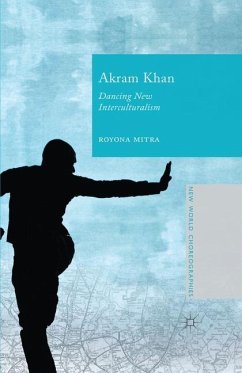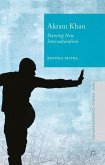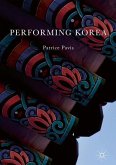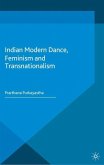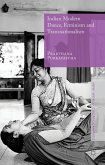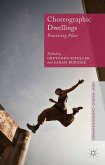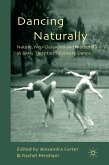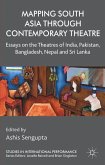Runner-up for the TaPRA New Career Research in Theatre/Performance Prize 2016
Through seven key case studies from Khan's oeuvre, this book demonstrates how Akram Khan's 'new interculturalism' is a challenge to the 1980s western 'intercultural theatre' project, as a more nuanced and embodied approach to representing Othernesses, from his own position of the Other.
Through seven key case studies from Khan's oeuvre, this book demonstrates how Akram Khan's 'new interculturalism' is a challenge to the 1980s western 'intercultural theatre' project, as a more nuanced and embodied approach to representing Othernesses, from his own position of the Other.
"This book offers a much-needed intervention in the growing field of contemporary British dance and theatre studies, and is an excellent resource for students, scholars, and practitioners alike - a rich and nuanced choreographic analysis that not only provides readers with an accessible entry point into Khan's body of work but also lays important groundwork for further study of the social, political, economic, and racial context in which British Asian artists like Khan have emerged." (Francisco Costa, New Theatre Quarterly, July, 2016)
"With its accessible writing style, its vivid description of dance works, and its clear structure, this book promises to be useful and of interest to readers at various phases of their inquiry into dance and theatre studies: undergraduate and postgraduate students as well as scholars. Its interdisciplinary approach suggests its usefulness to researchers in theatre and cultural studies as well as in dance." (Janet O'Shea, Theatre, Dance and Performance Training, Vol. 7 (1), May, 2016)
"With its accessible writing style, its vivid description of dance works, and its clear structure, this book promises to be useful and of interest to readers at various phases of their inquiry into dance and theatre studies: undergraduate and postgraduate students as well as scholars. Its interdisciplinary approach suggests its usefulness to researchers in theatre and cultural studies as well as in dance." (Janet O'Shea, Theatre, Dance and Performance Training, Vol. 7 (1), May, 2016)

